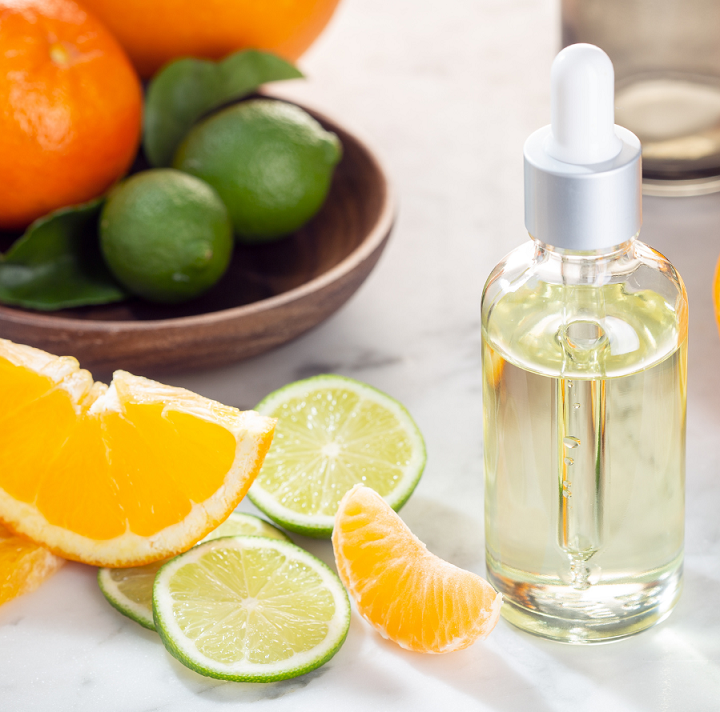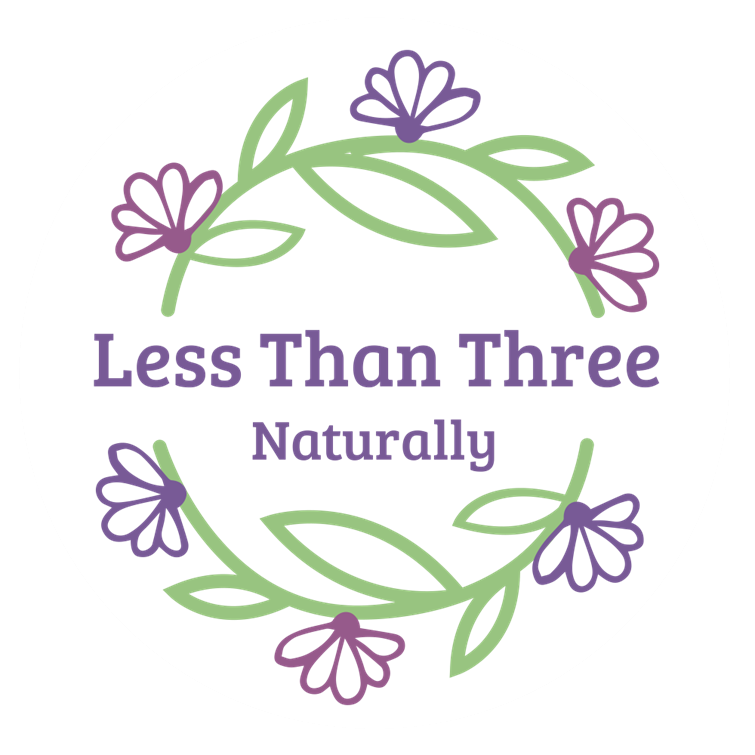
Citrus is a genus of flowering trees and shrubs in the rue family, Rutaceae. Plants in the genus produce citrus fruits, including crops such as oranges, lemons, grapefruits, pomelos, and limes. The genus Citrus is native to South Asia, East Asia, Southeast Asia, Melanesia, and Australia. Citrus species have been used and domesticated (and then cross-bred and hybridized) by cultures for hundreds of years which makes it hard to determine exactly where domestication first happened and with which species.
It is believed that the large citrus fruit of today evolved over millions of years from small, edible berries. Citrus species began to diverge from a common ancestor about 15 million years ago. About 7 million years ago, the ancestors of Citrus split into the main genus, Citrus, and the genus Poncirus (such as the trifoliate orange), which is closely enough related that it can still be hybridized with all other citrus and used as rootstock. These estimates are made using genetic mapping of plant chloroplasts. A DNA study published in 2018 concludes that the genus Citrus first evolved in the foothills of the Himalayas, in the area of Assam (India), western Yunnan (China), and northern Myanmar.
Most citrus originated in Asia and was used in Ayurvedic, Chinese and Japanese medicine for thousands of years. It made its way to Europe and Africa thanks to the Moors, in particular a man called Ziryab (black singing bird in Arabic) who was an astronomer and scientist. He was aware of the benefits of good personal hygiene, and created deodorant, toothpaste and hair shampoo using fragrant oils from citrus fruits.
Once the health benefits of citrus came to be known in Europe, sailors brought the fruits to America and the Caribbean as they explored, and incorporated the citrus into their diets, with its high levels of Vitamin C proving useful to prevent scurvy.
Have you ever walked into a room when someone is peeling an orange and smelled the familiar orange aroma wafting through the air? What you are smelling is the natural essential oil that is found in the rind of the orange. It is the rind of citrus fruit that gives it the aromatic and familiar aroma.
Citrus fruits are notable for their fragrance, partly due to flavonoids and limonoids (which in turn are terpenes) contained in the rind, and most are juice-laden.
Many citrus oils contain furocoumarins, which can cause chemical burns when exposed to the sun’s UV rays.
The following oils are considered photosensitive and should be used with extra caution:
🍋Bergamot (Cold Pressed) Citrus aurantium var. bergamia
🍋Bitter Orange (Cold Pressed) Citrus aurantium var. Amara
🍋Grapefruit (Cold Pressed) Citrus paradisi
🍋Lemon (Cold Pressed and distilled) Citrus limon, Lippia citridora
🍋Lime (Cold Pressed) Citrus medica, Citrus x aurantifolia, Citrus x latifolia
🍋Mandarin Citrus reticulata, Citrus nobilis
🍋Neroli Citrus aurantium amara, Citrus bigarradia, Citrus vulgaris, Citrus aurantium var aurantium
🍋Yuzu Citrus junos
The following oils are not photosensitive. Note that some of the oils appear on both lists. The method of extraction determines if an oil is photosensitive or not. For example, lime oil that is cold pressed is photosensitive, while lime oil that is steam distilled is not.
🍊Bergamot (Steam Distilled) Citrus bergamia, Citrus aurantium
🍊Blood Orange (Cold Pressed or Steam Distilled) Citrus sinensis
🍊Lime (Steam Distilled) Citrus x aurantifolia, Citrus x latifolia
🍊Sweet Orange (Steam Distilled) Citrus sinensis, Citrus aurantium var. sinensis
🍊Petitgrain (comes from the plant, not the rind)
🍊Citrus bigarradia, Citrus vulgaris, Citrus aurantium var aurantium
Why Are Citrus Oils so Popular?
In terms of their holistic uses, citrus oils have energizing and mood-lifting aromatherapy benefits. In skin care, they boast a long list of healing and proactive benefits
All types of citrus oil offer antimicrobial and antibacterial benefits. This means they function as clarifiers and skin balancers.
Citrus also has antioxidant benefits. Antioxidants work at the cellular level, to neutralise free radicals, destructive molecules that damage skin cells as a result of exposure to UV rays, chemicals, and environmental toxins. Antioxidants aid in the repair of damaged skin cells and tissue, resulting in more effective skin cell regeneration. This in turn translates into the production of a glowing complexion, more collagen, and more resilience to irritation and aging.
Today, citrus essential oils are some of the most used worldwide. Most citrus essential oils are extracted from the peel that contains the aromatic essential oil, and most citrus oils are extracted by cold-pressing rather than steam-distilled.
References:
Citrus – Wikipedia. 2022. Citrus – Wikipedia. [ONLINE] Available at: https://en.m.wikipedia.org/wiki/Citrus. [Accessed 12 October 2022].
WebMD. 2022. Essential Oils: Natural Doesn’t Mean Risk-Free. [ONLINE] Available at: https://www.webmd.com/skin-problems-and-treatments/news/20170809/essential-oils-natural-doesnt-mean-risk-free. [Accessed 12 October 2022].
Aromatherapy: Uses, benefits, oils, and risks. 2022. Aromatherapy: Uses, benefits, oils, and risks. [ONLINE] Available at: https://www.medicalnewstoday.com/articles/10884. [Accessed 12 October 2022].
WFMED. 2022. Proceed With Caution: Photosensitive Essential Oils – WFMED. [ONLINE] Available at: https://www.wfmed.com/blog/proceed-with-caution-photosensitive-essential-oils/. [Accessed 12 October 2022].
www.aromaweb.com. (n.d.). Citrus Essential Oils Guide | AromaWeb. [online] Available at: https://www.aromaweb.com/essentialoils/citrusessentialoils.asp [Accessed 12 Oct. 2022].
www.100percentpure.com. (n.d.). 6 Rules for Using Citrus on Skin | 100% PURE. [online] Available at: https://www.100percentpure.com/blogs/feed/6-rules-for-using-citrus-on-skin. [Accessed 12 Oct. 2022].
Healingscents. (n.d.). Differences among various Citrus Essential Oils. [online] Available at: https://healingscents.net/blogs/learn/69178947-whats-the-difference-among-the-various-citrus-essential-oils [Accessed 12 Oct. 2022].
